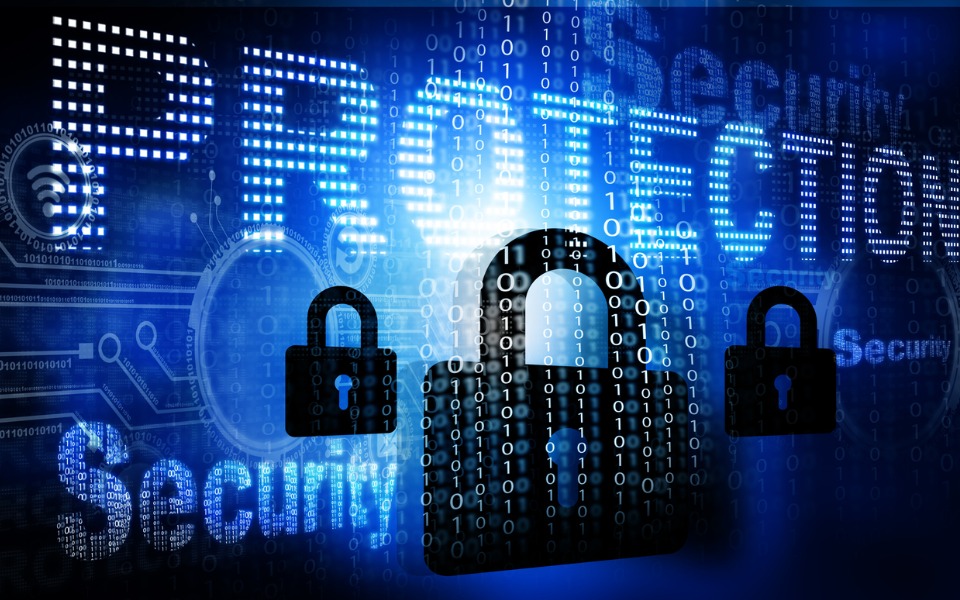
Kerala reported 2,000 COVID-19-themed cyber attacks between Feb-April

Kerala was among the top targets of cybercrooks with netizens in the state facing over 2,000 COVID-19-themed attacks between February and mid-April this year, according to a report by K7 Computing. Also, more phishing attacks were noticed in tier II and III cities compared to tier I cities.
“The sudden surge in the frequency of attacks witnessed from February 2020 to mid-April 2020 indicates that scamsters across the world were exploiting the widespread panic around coronavirus at both the individual and corporate level,” K7 Computings Cyber Threat Report said. These attacks aimed to compromise computers and mobile devices to gain access to users confidential data, banking details, and cryptocurrency accounts, it added.
The key threats seen during this period ranged from phishing attacks to rogue apps disguised as COVID-19 information apps that targeted users sensitive data, the report said adding that smaller cities saw over 250 attacks being blocked per 10,000 users.
Eighty-six attacks were blocked for netizens in Ghaziabad and 53 in Lucknow (per 10,000 users) as compared to 15 such attacks on users in Bengaluru, it said. “In Kerala, regions like Kottayam, Kannur, Kollam, and Kochi saw the highest hits with 462, 374, 236, and 147 attacks respectively (attacks blocked per 10,000 users), while the state as a whole saw around 2,000 attacks during the period the highest thus far in the country. This was followed by Punjab with 207 attacks and Tamil Nadu at 184 attacks,” the report noted. About 7 attacks (per 10,000 users) were blocked in Delhi, 10 in Mumbai, 24 in Chennai, 5 in Kolkata, 16 in Hyderabad and 26 in Pune, the report said.
These attacks were aimed at heightening users fears and creating a sense of urgency to take action. There were phishing attacks where scamsters posed as representatives of the US Department of the Treasury, the World Health Organization (WHO), and the Centers for Disease Control and Prevention (CDC).
The report said users were encouraged to visit links that would automatically download malware on the host computer such as the Agent Tesla keylogger or Lokibot information-stealing malware, infamous banking Trojans such as Trickbot or Zeus Sphinx, and ransomwares.
Other attacks included infected COVID-19 Android apps like CoronaSafetyMask that scam users with promises of masks for an upfront payment; the spyware app Project Spy; and seemingly genuine apps that are infected with dangerous malware like banking Trojans such as Ginp, Anubis and Cerberus, the report added. “COVID-19 has created an ideal situation for various threat actors to target individuals and enterprises alike.
RELATED NEWS: Once bitten, twice shy: Kerala enlists private players for weather forecast
The panic caused by the stringent lockdown measures and rapid spread of this virus has left many people looking for more information on the situation,” K7 Computing founder and CEO J Kesavardhanan said.
He added that threat actors exploit this fear to their advantage and scam users into downloading malicious software and divulging sensitive information like banking codes, and the need to be “cyber cautious” has never been greater. “This is more so in the case of corporates who have adopted a work from home policy hurriedly without adequate cyber hygiene. We have seen an increase in attacks on enterprises and SME employees as well,” he said.
The report said the number of COVID-themed attacks will continue increasing till normalcy returns. Social engineering attacks targeted at winning users trust will gain momentum, and healthcare institutions, well-known government offices, and international organisations will continue to be a prime target throughout the pandemic, it added


